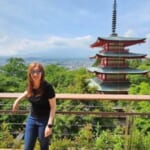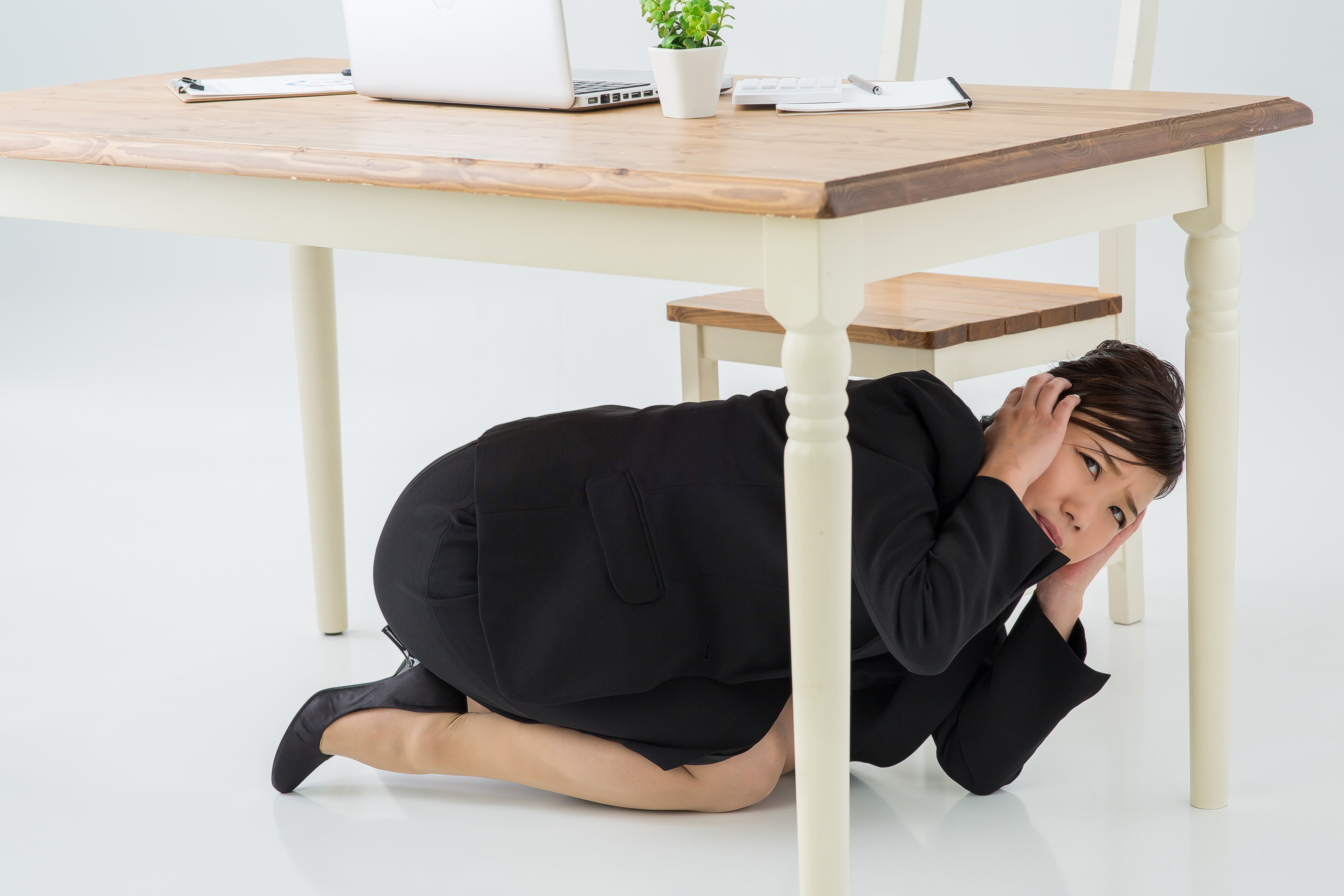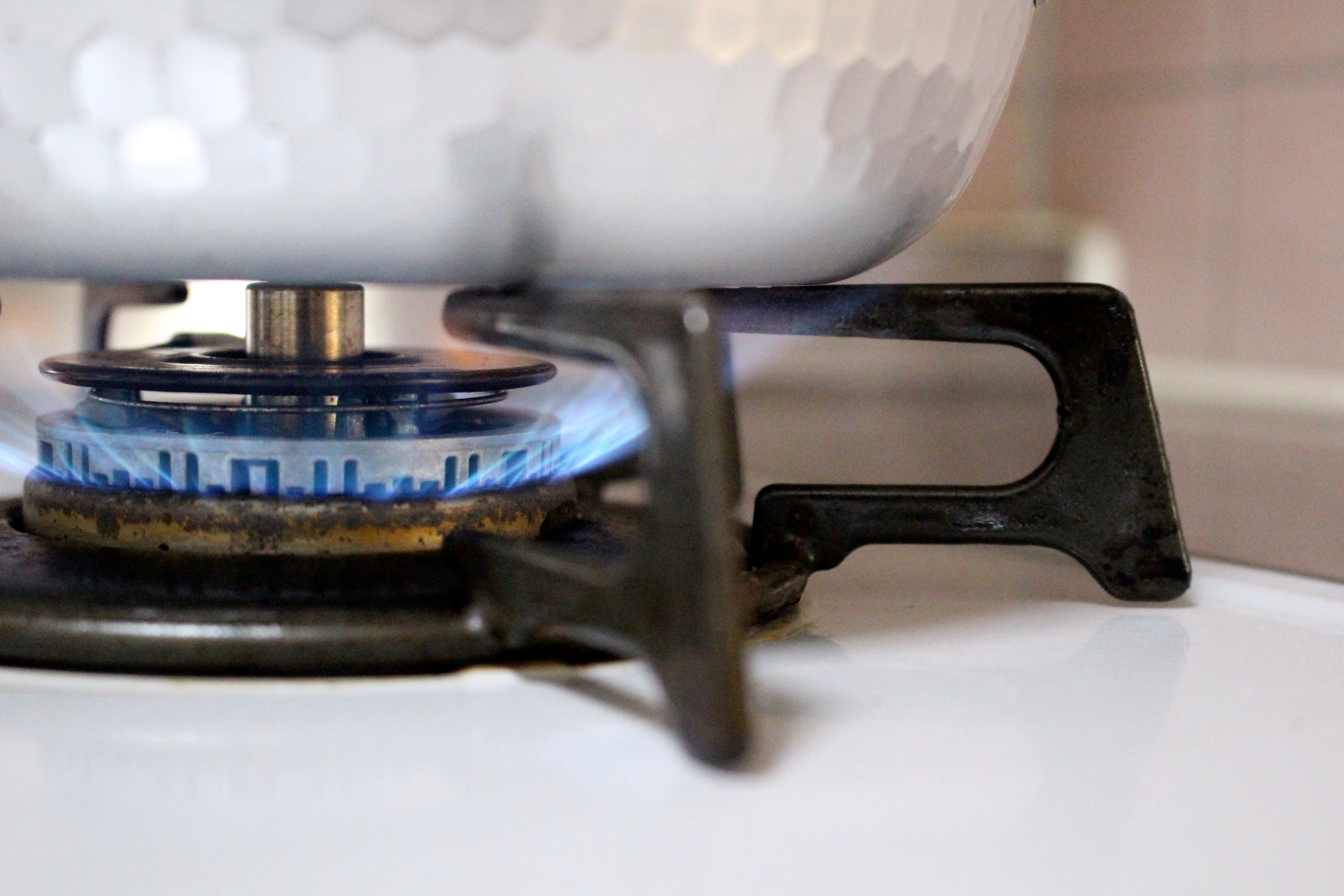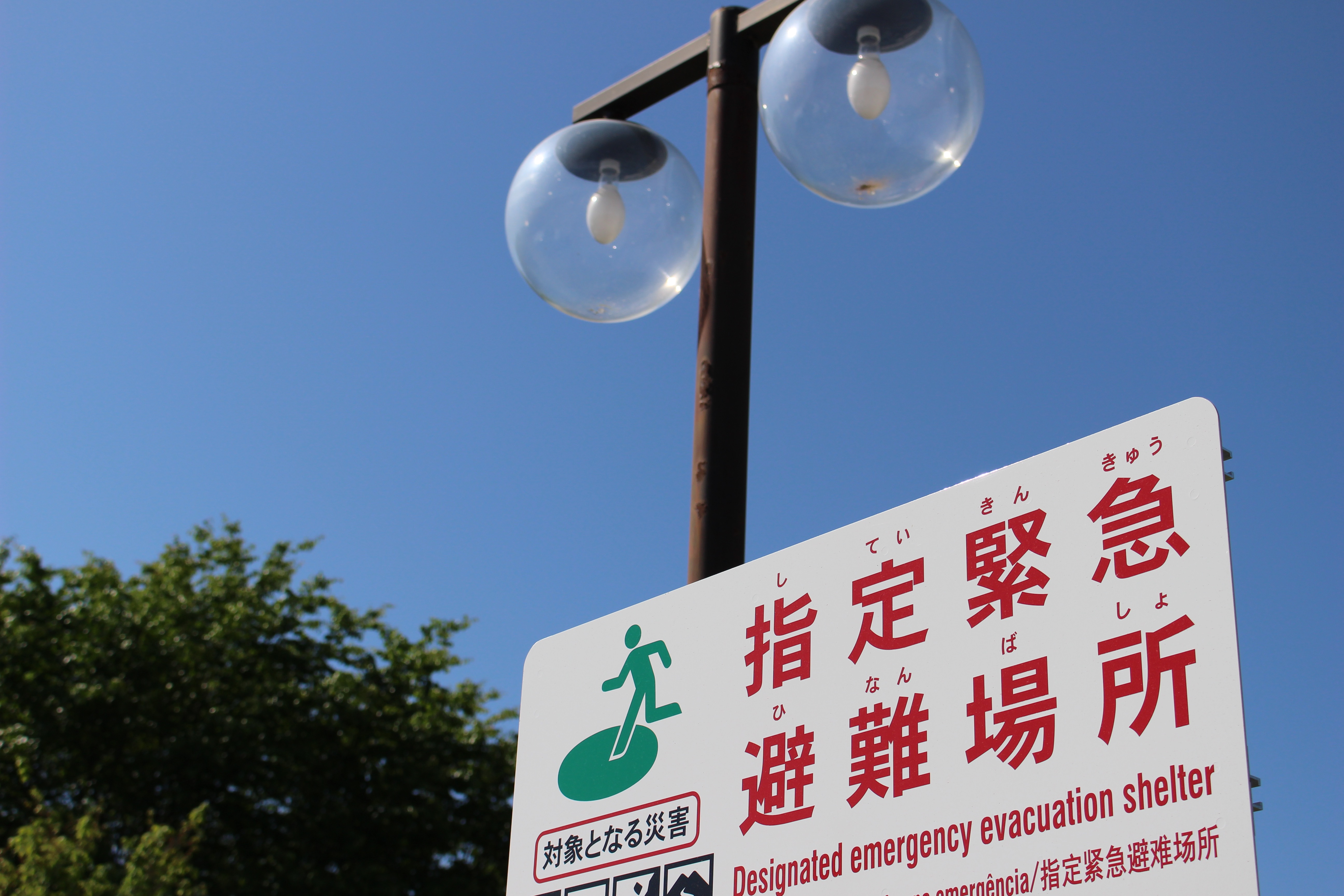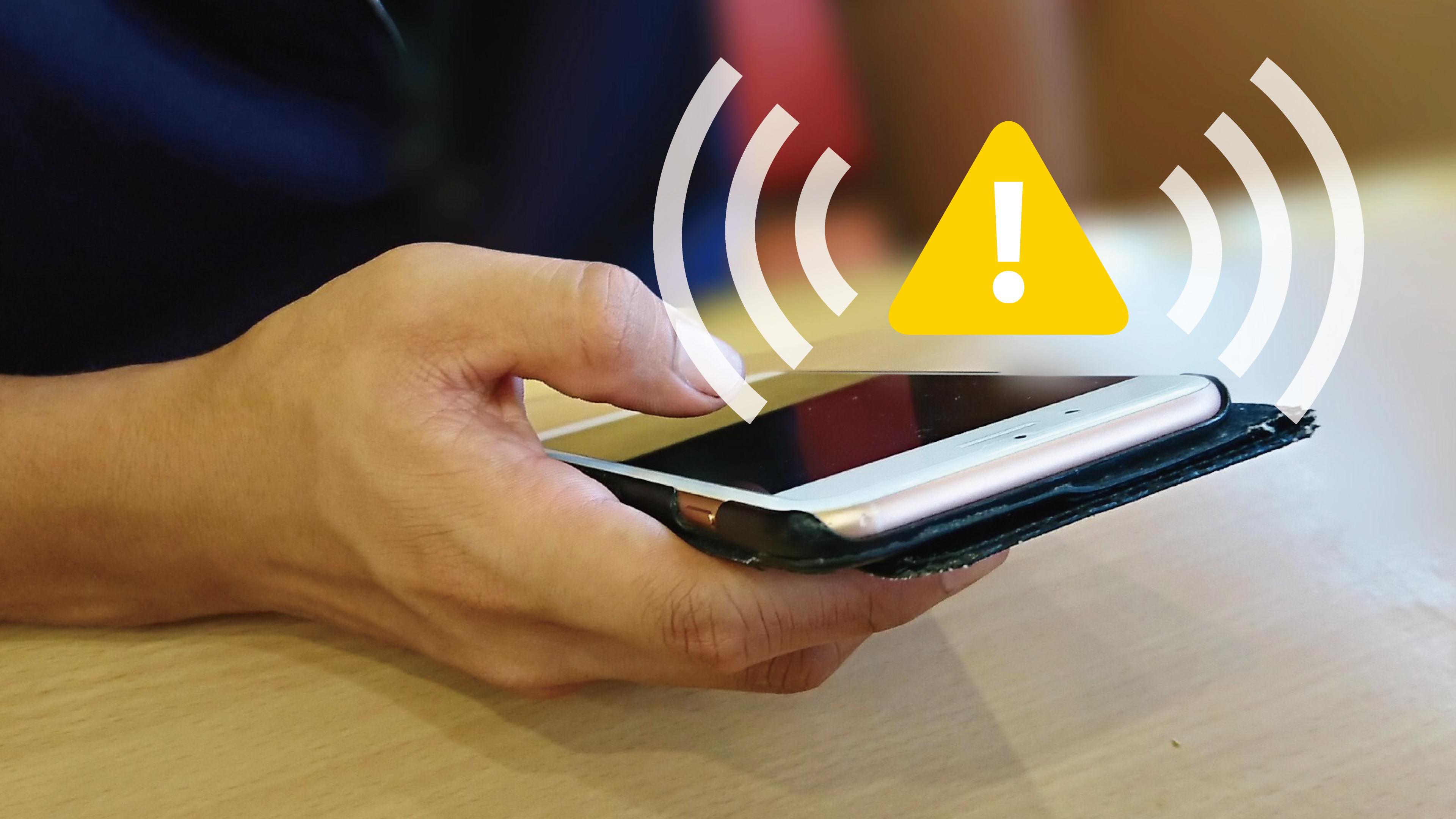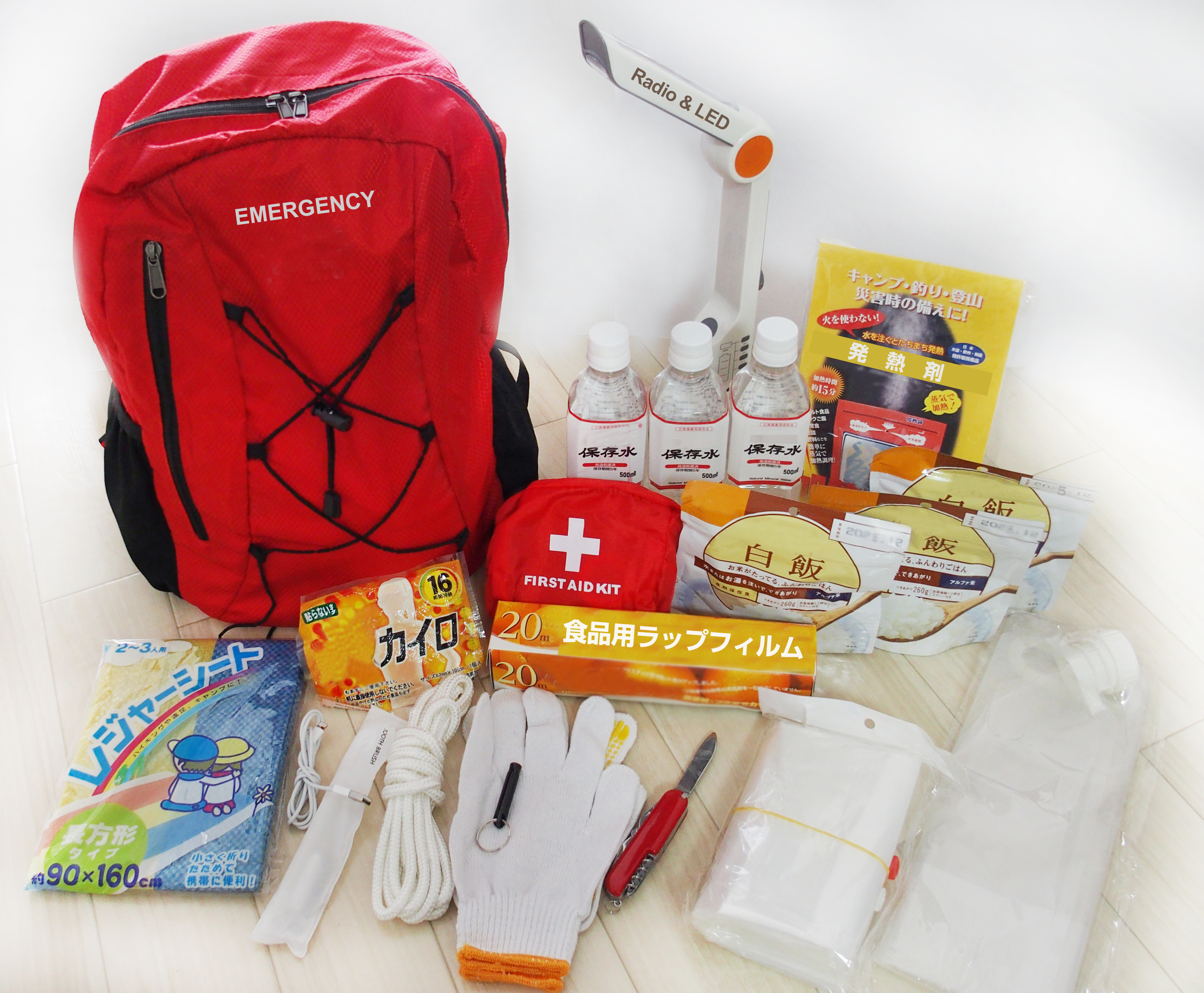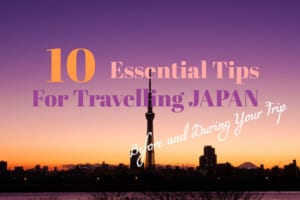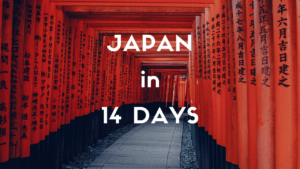What to Do in Case of Earthquake in Japan
What to do during an earthquake in Japan? Basic Guide
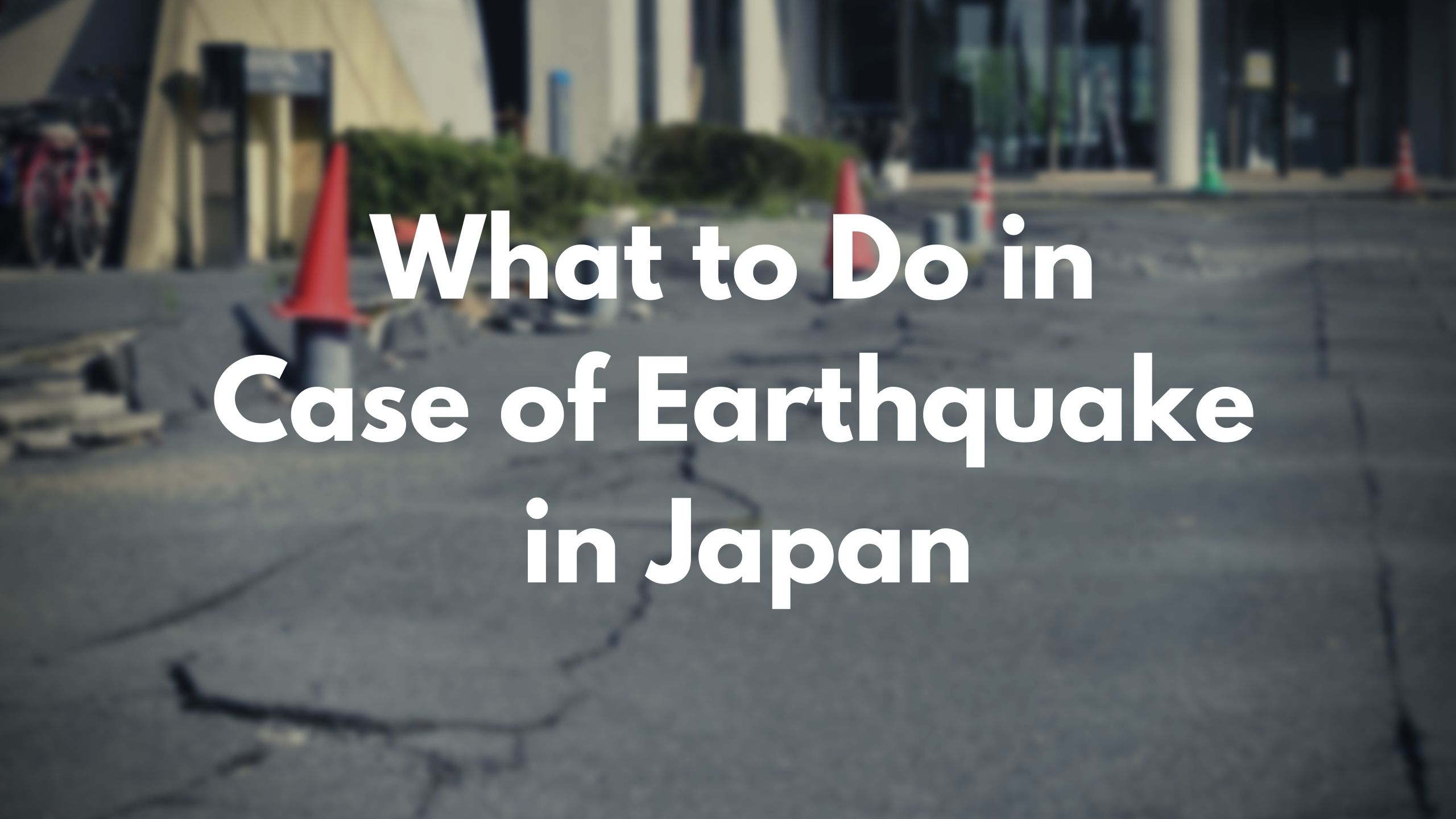
As we all know, Japan is a country with great seismic activity. Earthquakes are commonplace in the land of the rising sun, which after especially the great Kobe earthquake years ago, has put great efforts into preventing these earthquakes and being prepared in case they occur. Japan is probably the safest country to be in if an earthquake occurs. In addition, although the Japanese and residents of Japan are used to these constant seismic movements that tend to scare tourists, the truth is that most are quite lazy and have no consequences. For a few seconds you notice that the ground is shaking or shaking, and little else. There are no things falling or cracks on the floor.
However, it is also true that there is not always that luck, and occasionally a big one happens. In that case, you should be prepared and know what to do before, during and after the earthquake. That is why we leave you this basic guide with the steps and recommendations to follow.
1. Hiding under a table or something hard
The most important thing in an earthquake is to protect oneself. The Japanese government and the competent authorities have it clear, and always, in the drills or when earthquakes occur, the most repeated message is that the most important thing is your own safety.
Perhaps some of you have seen the image of children in the school doing earthquake drills, hiding under their desk. And maybe some of you may have wondered why in the face of an earthquake the first thing Japanese children do is hide under the desk. This has an easy explanation: during an earthquake, it’s very likely that some objects, larger or smaller, will fall. From shelves to books or vases. Therefore, the first step is to hide in a place where you can protect yourself from possible falling objects. The ideal is to be able to put the whole body inside a table or desk, but if that is not possible, the most important thing is to protect the head, which is the most sensitive area in case of a blow by an object. That is why they also always emphasize starting with the head and, if possible, then putting the whole body.
IMPORTANT: If you get caught in the street, especially DON’T CLOSE TO ANY WALL. Probably because we feel more sheltered, we tend to look for a nearby wall and crouch there. But during a strong earthquake it’s highly likely that these walls will fall or collapse. That’s why what should be done is to get as far away as possible from any building or machine, and put yourself for example in the middle of the street. Then bend down and if you have to cover your head with a bag, backpack or any similar object.
Other situations you may encounter when an earthquake occurs and the recommendations to follow are the following:
Inside a train or subway
-Hold on to the strap or handrail.
-Even if the train stops, don’t open or attempt to get out of the car through the door using the emergency handle or jump out the window.
-Follow the instructions of the employees and act calmly.
If you are driving a vehicle.
-Hold the steering wheel tightly, gradually reduce speed, stop the car on the left side of the street and turn off the engine.
-Keep calm while the tremors last, check the situation and listen to the news on the radio.
-If it is necessary to take refuge, leave the key in the car and do not close the car. Take out valuables, including the certificate of inspection of the vehicle and take refuge walking properly.
2. Close the main gas tap and open doors and windows
Right after the earthquake we have to turn off the main gas tap and unplug the appliances and any electronic devices that are connected to the current to avoid possible fires. Gas service is automatically cut off from the plant when an earthquake is detected, but it’s always better to be cautious. If we are late and there has already been a small fire caused by an electrical appliance, we must remain calm and try to extinguish it in its initial stage (with a fire extinguisher if possible, and if not, with the means available).
We must also open doors and windows to serve as an evacuation exit. When an earthquake occurs, doors and window frames sometimes become deformed and impossible to open. Therefore it is recommended to open all the doors and windows that you can when you are starting. In the same way, it is better to turn off the gas when the earthquake is beginning, rather than after. However, as we have said, the most important thing is our own integrity and physical security, so we only recommend doing these actions before when we see clearly that it gives us time to do it before it gets worse.
3. Evacuate and make sure everyone is okay
Once the earthquake has ended and we have made sure that everything is in order at home (within the possible chaos after an earthquake), it is time to evacuate. At this point there are several things to consider.
The first thing would be to make sure that we do not suffer damage when leaving. Rushing out in panic can hurt us. For example, we must ensure that we wear some type of footwear and not go out or walk around the house barefoot (if something has broken, such as a glass, we cannot nail it and it will be worse). So please be calm.
If we have been unlucky and in the worst case the fire has spread, we must take measures when leaving. These measures are covering your mouth with a damp towel or handkerchief, bending down to avoid inhaling smoke as much as possible and always going out following a wall (it is recommended to touch the wall with one hand to make sure). The person who is last in line must close all the doors we go through to prevent the fire from spreading or at least delay it.
Once abroad, we must ensure that no one is missing. At that point, the authorities are asking us to make sure that our friends and neighbours are well. Perhaps there is a neighbor who lives alone (especially the elderly) trapped by a piece of furniture that has fallen down when collapsing, or some similar situation. You are asked to call an emergency and if you can, seek help (perhaps we can move the furniture among several and help the person out). In such a situation collaboration and helping each other is very important.
4. Prepare before the earthquake occurs
All mobile phones in Japan have an earthquake and tsunami warning system installed that alerts 5 to 10 seconds before a disaster occurs. This warning system gives people a few extra seconds to escape to a safer place, duck under the table, or perform the actions we discussed. When the alert goes off, you hear a buzz and a voice saying, “Jishin desu! Jishin desu ”(meaning“ There is an earthquake ”) until the earthquake stops. Some smartphones activate this function automatically when you are in Japan, but not all. Therefore, we recommend installing a disaster alert application. A good option is Yurekuro Call (you can download it both in the AppStore and in the Play Store). Another option would be Earthquake Alert! for Play Store
Something that the authorities recommend and that many Japanese and residents of Japan have in mind is to be prepared before the earthquake occurs. By this they mean above all three things: storing drinking water and non-perishable food like canned cans in case you get trapped at home by an earthquake or have supply problems for a few days, attend drills for disaster prevention and always have prepared an emergency kit.
We understand that for those who are traveling in Japan having an emergency kit prepared is quite difficult and impractical, but surely if you stay in a hotel or hostel they will already be prepared for possible emergencies and there is no need to worry. But for those of you who are living in Japan or are thinking about spending a long season, here is a basic guide and some suggestions on what the emergency kit should contain.
Tip: What should I put in my emergency kit?
- Thermal and waterproof clothing. It is likely that you will have to go outside with your clothes on, sometimes even in your pajamas, and still in summer, but in cold times it can end up having a bad time. So one of the first things to wear is thermal clothing (for example a waterproof poncho sold in Japan, made of a shiny material that looks like plastic and keeps you warm) and things like socks, underwear and some pants.
- Food and drink (preferably non-perishable food and water or isotonic drinks)
- Flashlights, batteries and electronic devices such as portable chargers and plugs.
- Hygiene and personal hygiene products such as toothbrush, wipes, hairbrush and in the case of women feminine hygiene products (compresses and tampons)
- Basic medicines (pills for headaches, bandages, bandages and disinfectants, etc.)
- Other useful products like some cash, photocopies of your identity documents (passport and identity document) and maybe even a small sleeping bag.
Have into account that maybe you’re going to have to carry that suitcase for several hours or some days, so it is not recommended that it weigh too much either. Although we understand that this point is quite difficult to fulfill or make
If you want to do a drill to prevent natural disasters, we recommend you visit the Tokyo Fire Department in Ikebukuro, since they have the Life Safety Learning Center. The Life Safety Learning Center is a center that organizes natural disaster prevention tours, with an earthquake simulator. In this regard, it is also a recommended visit if you want to know how an earthquake feels.
With this we hope to help make your trip to Japan safer, and in case of an earthquake you know how to act. Although obviously, we hope this does not happen and everything goes well during your stay in Japan and you can enjoy the best things to do in the country.
For more information about traveling in Japan, check these articles below.
Written by
From Barcelona to Tokyo. Coffee & Adventure lover????☕️
I started to like Japan because of the anime, music and doramas, but after my first trip to the country I found what I love the most: traveling around, the culture and history. I have travelled a lot in Japan, but I still have many places to discover that I want to share with you????????♀️ Let’s discover Japan together!
Also, as a foreigner living in Japan for over 6 years I understand what kind of things are difficult when you move here and I want to help other people in the same situation that I have in the past.
